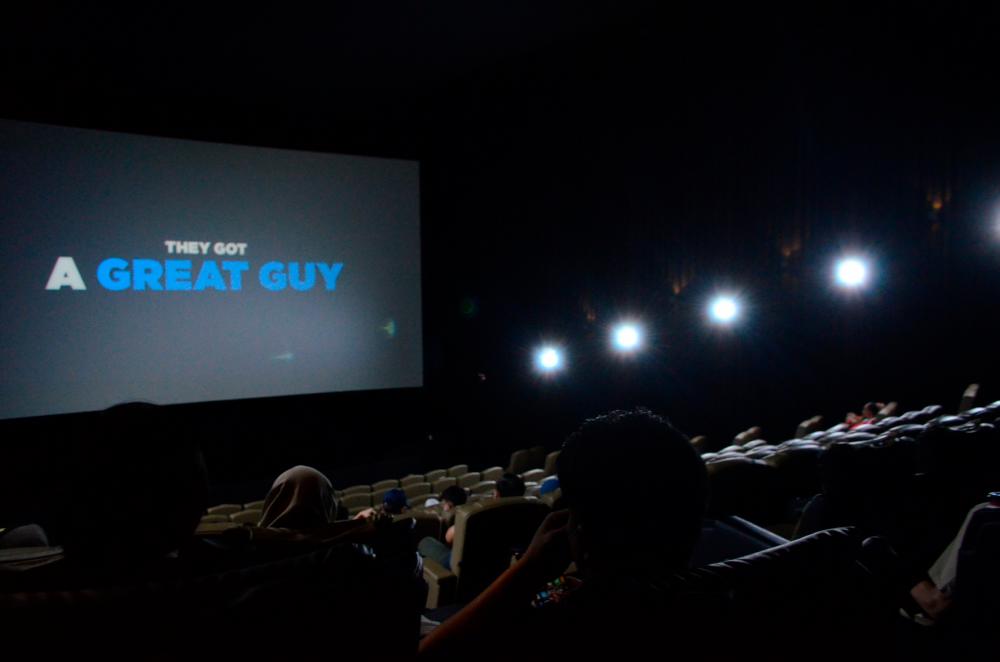PETALING JAYA: Local filmmakers are urging the government to replace censorship with age classification so that the industry can thrive and films can be rated accordingly without the need for unnecessary cuts.
Kuman Pictures managing director Amir Muhammad said alternatively, adopting a no-cuts policy for film festival screenings, as is the practice in Singapore, Indonesia and Saudi Arabia, would benefit the industry.
“Such an approach will acknowledge the importance of artistic integrity while upholding age-appropriate viewing standards,” he said.
Amir added that as a filmmaker, navigating the delicate balance between addressing societal issues and adhering to censorship guidelines without compromising the storytelling process is crucial.
He said despite budget constraints, maintaining a strong script and striving to bring a storyline to fruition remains a major challenge as nuances are often lost in the censorship process.
“But for important ones where the script is considered ‘sensitive’, major cuts are often made, degrading the quality and standard of the film, which is why age classification is preferred to censorship.”
Amir said of the films Kuman Pictures has submitted to the Film Censorship Board – Roh and Two Sisters were approved without cuts, while Irul: Ghost Hotel only required muting of two curse words in Tamil and English.
Its other films such as Pendatang, have been opted for YouTube, a platform that does not require any censorship.
“This decision was made because the film was entirely crowdfunded, and our commitment was to ensure Pendatang was accessible to all viewers. It wasn’t a deliberate attempt to avoid censorship.”
Amir said those who are truly passionate about filmmaking will invariably find a way to bring their vision to life, and distribute it through the most suitable channels available.
Freedom Film Network campaign and strategy lead Deborah Augustin said film censorship should be left in the past as it has become irrelevant today.
“Censorship is increasingly ineffective in the digital age, because uncensored versions of films readily find their way onto the internet and streaming platforms, so age classification is the right step to take.
Emphasising the importance of integrating members of the film industry into the censorship board, she said the move would bring a new dimension to the decision-making processes when it comes to making cuts to a film.
“Currently, there is no need for the Film Censorship Board to incorporate filmmakers in the process. The Board is largely made up of retired civil servants who do not need to have any knowledge about filmmaking prior to their selection.
“However, involving industry professionals would provide valuable insights and perspectives, and ensure that cuts are made through an informed decision-making process by people who understand filmmaking practices and artistic considerations.”
Augustin also said the inclusion of industry professionals, especially directors and scriptwriters, would foster a sense of collaboration and mutual understanding between filmmakers and the censorship board, ultimately leading to more effective and fair censorship outcomes.









